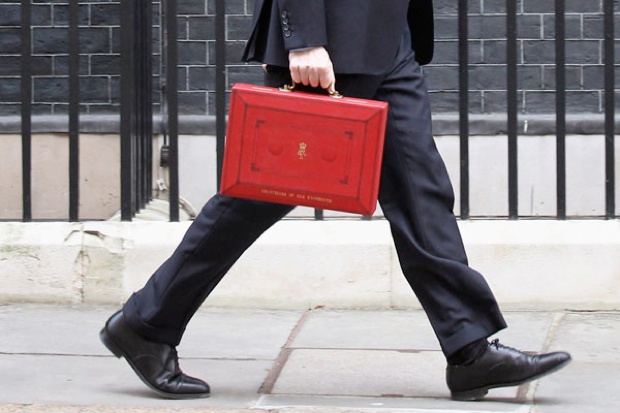It’s great to read David Cameron’s article in The Times today making the moral case for tax cuts. It’s tough for him to do so, given that his Chancellor has pushed back the date for balancing the books until 2018/19, a decade after the crash. But he has been doing some maths, which makes its way in to the Times splash:-
An average worker will pay £3,800 less income tax between 2015 and 2020 because of sweeping cuts made by the coalition and pledges in the next Tory manifesto, David Cameron has said.
Great news! £3,800 in the next parliament! A figure you can campaign on – except it is an illusion. Let’s look at what the PM said:-
In the next parliament, we will go further. We have made two clear commitments. First, we will raise the tax threshold again, so that nobody earning less than £12,500 will pay income tax. This represents the most progressive, poverty-attacking tax change in the postwar era: it will mean one million more low-paid workers will not have to pay income tax at all; and it means most basic-rate taxpayers will pay £3,800 less in tax over the next parliament compared with the Labour plans we inherited.
Can you see the trick? He uses the phrase ‘will pay £3,800 less in tax’ and then the caveat ‘compared with the Labour plans we inherited’. This is the political equivalent of saying ‘not!’. The Prime Minister is not talking about tax cuts at all. He is simply saying that he will not raise taxes as fast as he says Labour would have had the 2005 parliament lasted until 2020.
Thus Cameron’s £3,800 figure is created on the logic that a decision not to increase taxes means that people will pay ‘less’ tax. The word ‘less,’ in this context, is short for ‘less than what we think they would have paid under Labour, assuming Labour would not have changed its policy for ten years’. Such verbal gymnastics are, quite rightly, illegal in the financial services industry.
And that £12,500? He has proposed to raise the tax threshold, but no faster than RPI inflation. The “Labour plans” he refers to uprated each tax threshold by RPI every year – which, if they had been left in place, would take the starting rate threshold to £12,600 by the election after next. Sure, Cameron could have frozen this threshold or raised it more slowly – but that would have been be a tax rise. So he’s talking about a foregone tax rise, not a tax cut. There’s an important difference.
[datawrapper chart=”http://static.spectator.co.uk/2TtLb/index.html”]
That said, I applaud the Prime Minister’s sentiment on tax cuts. He has implemented some real ones, lifting the starting rate of income tax faster than inflation (helping the jobs miracle now underway) and his corporation tax cut has led to a surge in corporation tax revenue, over and above what the Treasury predicted. Tax cuts work, as his own experience shows. But a tax cut is not the same as a cancelled tax rise: both are welcome, but one ought not to be confused with the other.







Comments